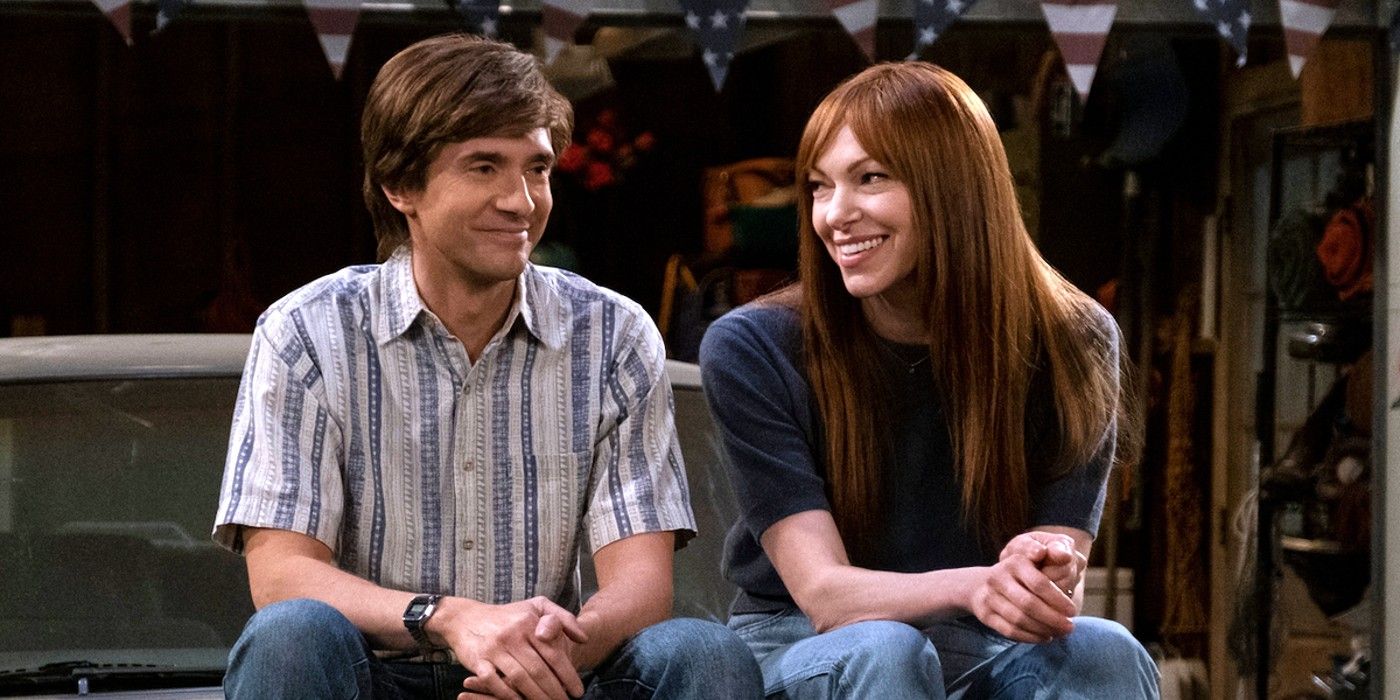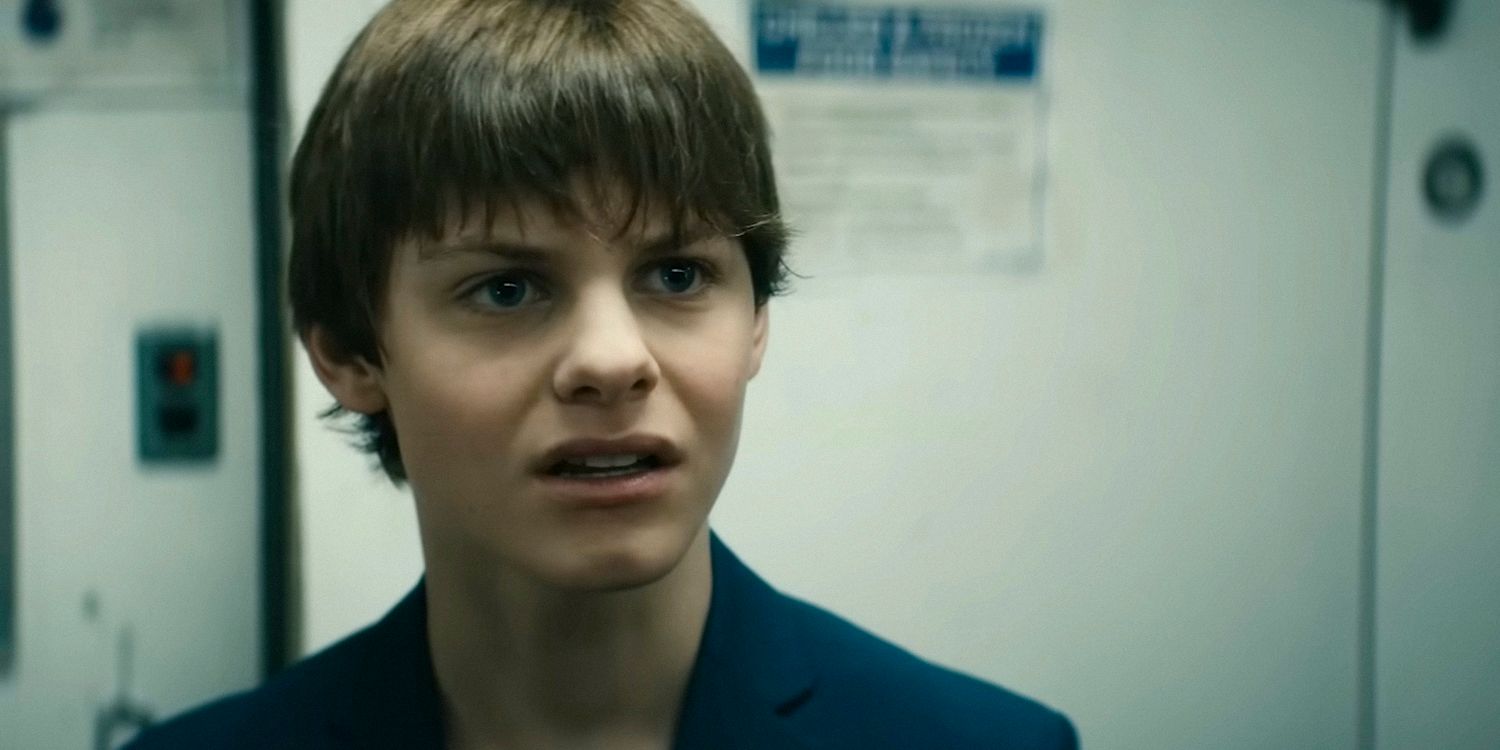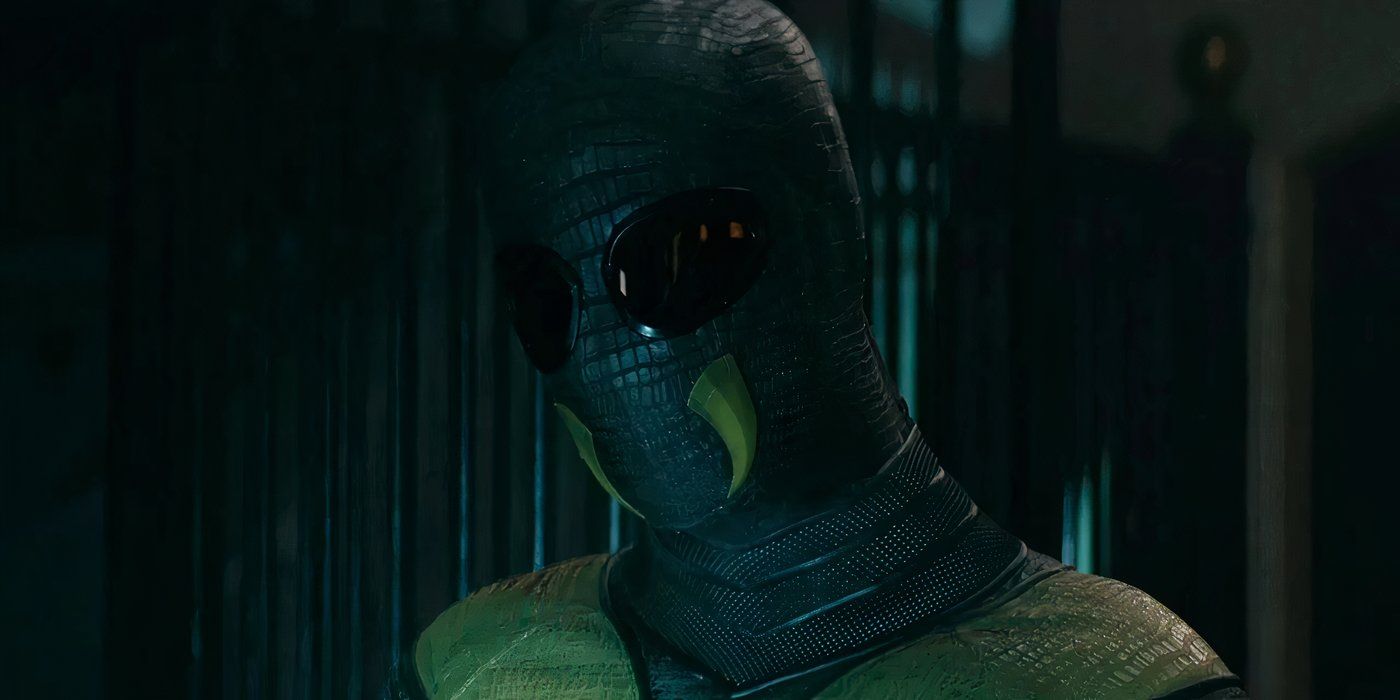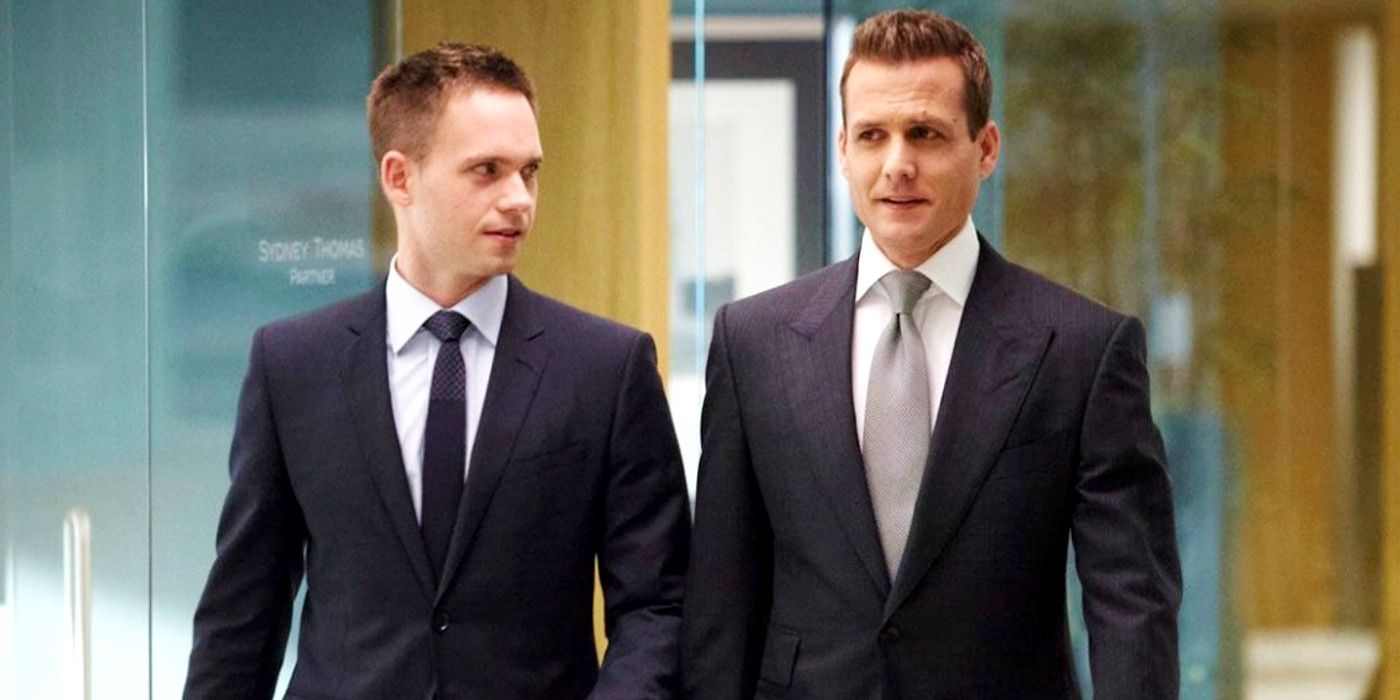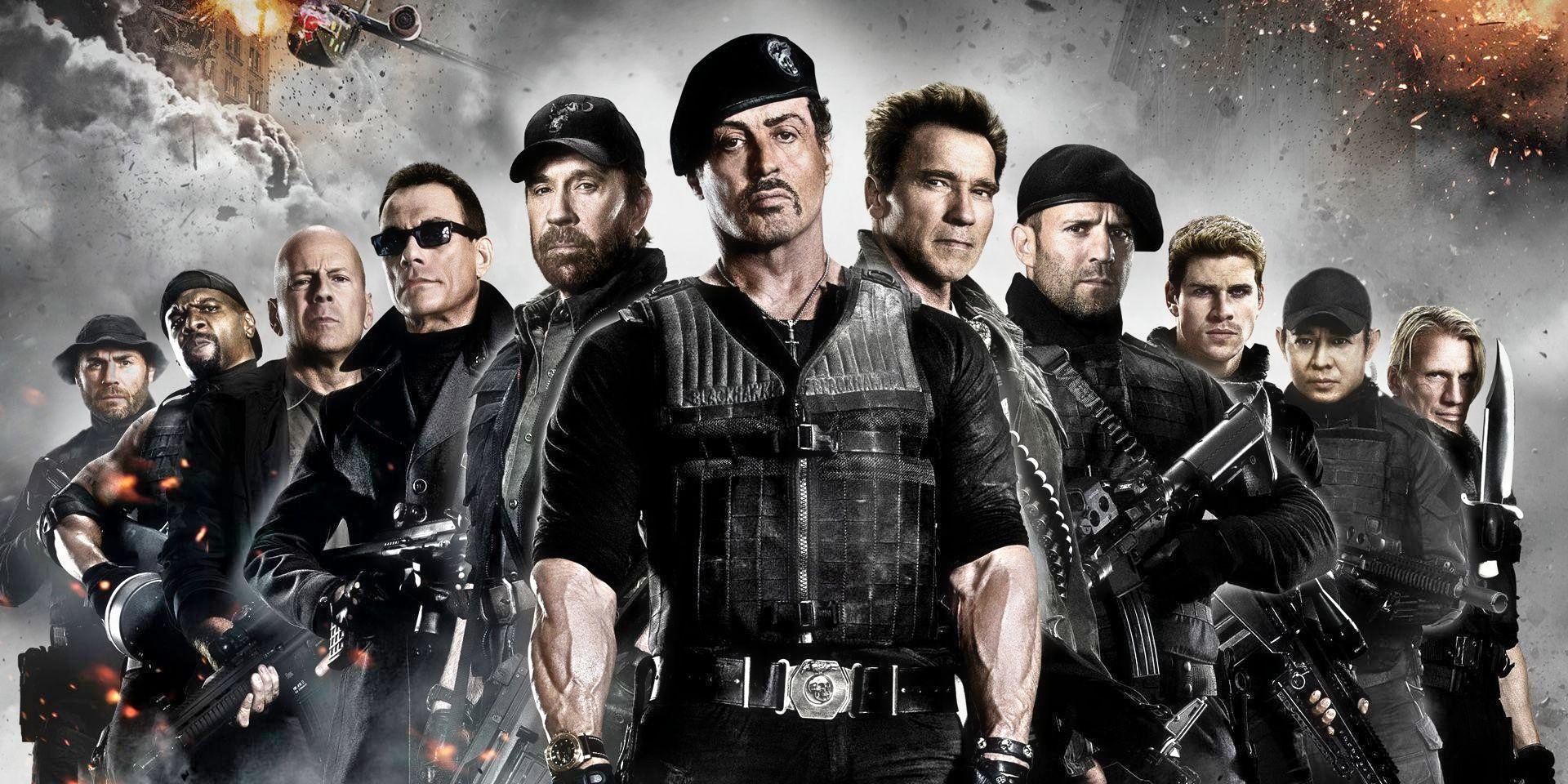While fans of The Boys TV show know Billy Butcher as a highly-trained “independent contractor,” the original comics paint a different picture of the violent Cockney as not just a canny, well-trained fighter who always plans ahead, but as a character with both the super-powers and the advanced tech to go toe-to-toe with any Supe in the business who steps out of line.
Created by Garth Ennis and Darick Robertson, The Boys comics are shameless parodies of Marvel and DC properties, acting as a vicious critique of power-worship and twee tropes, while also offering a study of the corrupting effect of power, with Butcher as the object lesson on what happens when a man full of hate runs out of enemies.
Like all Supes, Butcher’s powers come from Compound-V, a chemical created by Jonah Vogelbaum that’s more effective when administered at a young age. Using his black-ops contacts to get V shots for those members of his team who need them, Butcher is much stronger and more durable than a normal human, though having taken the shot late in life, he’s nowhere near on the level of big-guns like Homelander or Black Noir. Despite this, Butcher’s training allows him to triumph in most direct combat with mid-level Supes, and he was able to crack Black Noir’s skull with a crowbar in The Boys #65 (albeit when the maniacal villain had already taken severe damage.) Alongside his teammates, Butcher used a shot of Compound-V on his impeccably trained bulldog Terror, giving him a super-powered attack dog who’s always at his side.
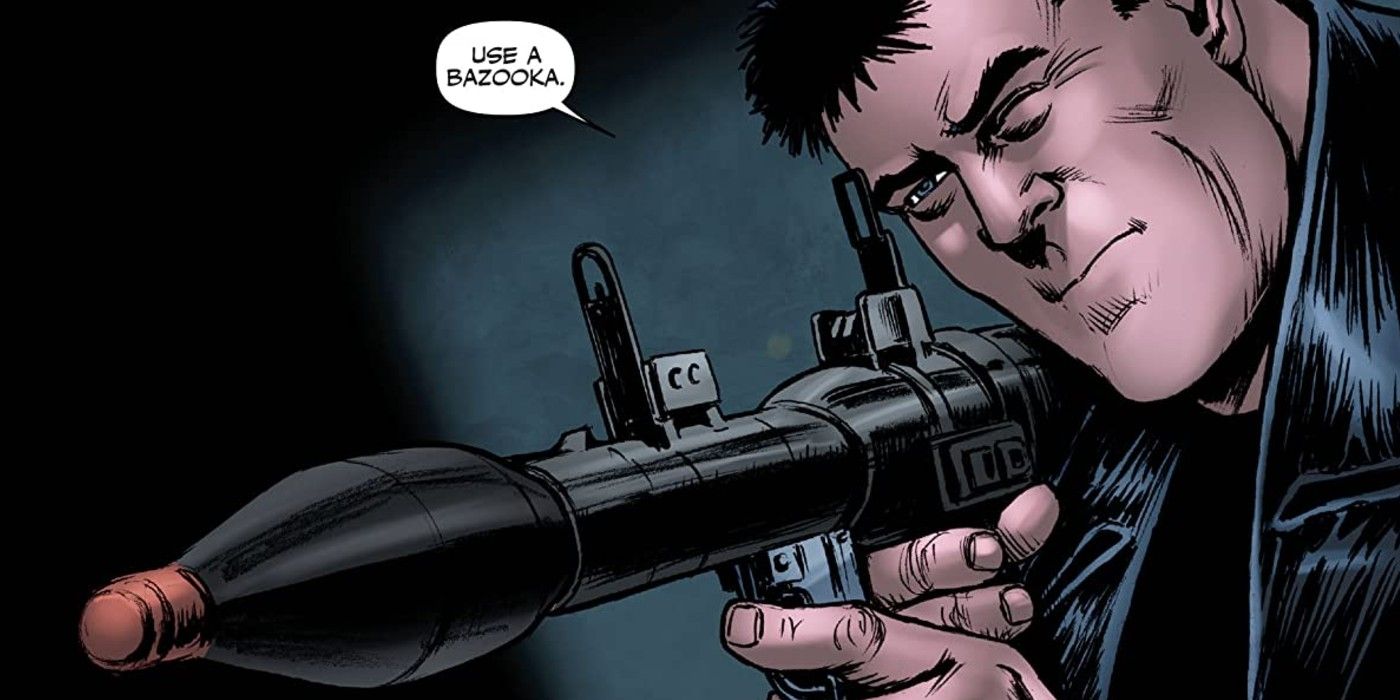
Butcher’s greatest strength is his attitude to violence. When Jack from Jupiter killed Terror, Butcher cornered and brutalized the “hero” before he could use his magic word to become invulnerable, explaining, “It ain’t me, son. I’m somewhere else watchin’ it happen.” It’s a sentiment he repeats on multiple occasions, and something which gives him an edge, allowing him to commit instinctive violence without hesitation or conscience. This is especially effective married to Butcher’s titanic will. Recounting Butcher’s murder of shapeshifting Supe Malchemical, Hughie explains, “It was like he made up his mind in that one second: this guy’s gettin’ it. An’ after that it was a foregone conclusion. Like killin’ him was an act of will.”
Of course, Hughie also observes that Butcher is such an effective killer of Supes because he knows all about them before the fight even begins. Butcher cultivated multiple secret information streams during his time leading the Boys, most notably Supe pimp Doc Peculiar and “the Legend,” a former comic-book writer responsible for selling Supes to the public, and the guardian of their dirty secrets. Like a proper black-ops agent, Butcher turns information into information, forcing compromised Supes to bug their own headquarters or offer up juicy information to save their own reputations.
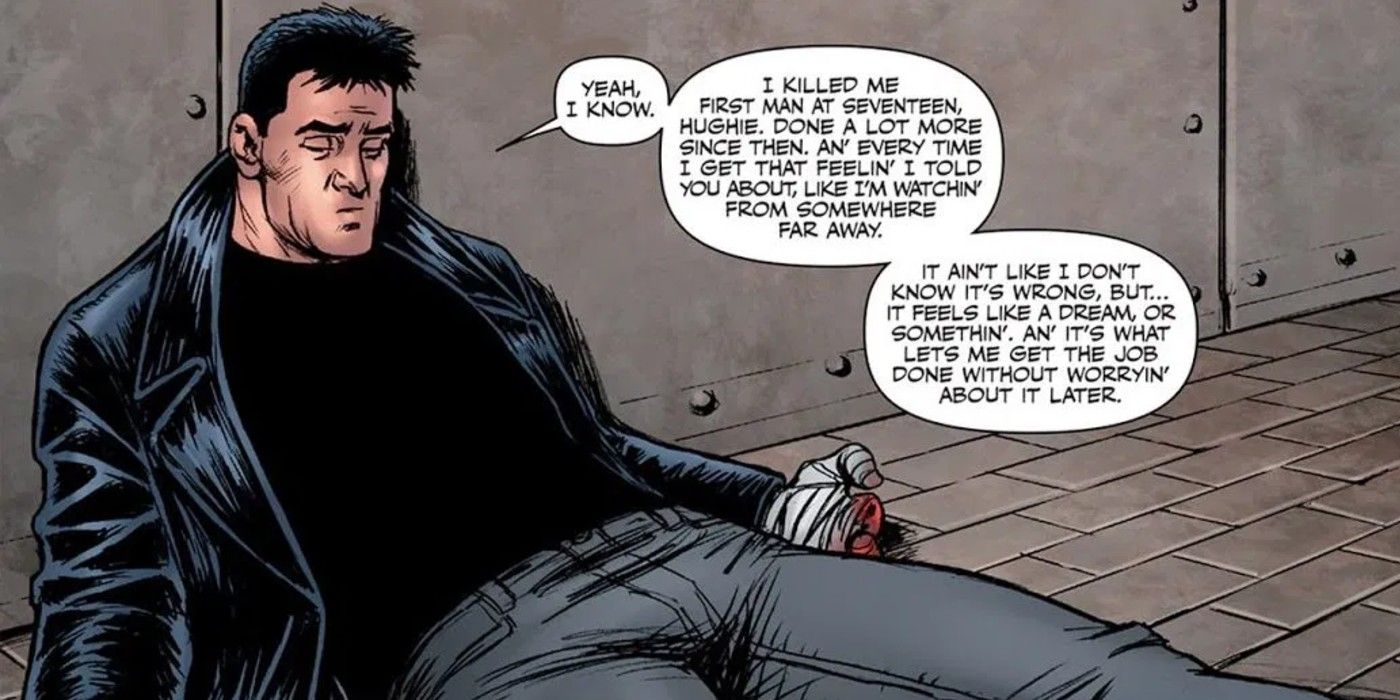
But the true extent of Butcher’s hidden network is revealed in “The Bloody Doors Off,” where it turns out Butcher tricked his former superior Gregory Mallory into thinking he’d executed Jonah Vogelbaum, when instead he’d kidnapped him and set him to work devising a biological weapon to exterminate everyone with any trace of Compound-V in their system, including untold numbers of innocent civilians who had never manifested powers. Butcher massacred the rest of the Boys to spare them dying an ignoble death, only stopped by an act of instinctive love for Hughie, with the two falling from the Empire State Building as the man he thought of as a younger brother tried to stop his final, barbaric act of violence against the Supes he hated with every fiber of his being.
An expert marksman comfortable with a range of weapons and trained by some of the best special operatives the world had to offer, the comic-book Butcher boasted super-strength, inhuman durability, the mentality of a killer, and ultimately a device capable of killing every Supe in the world, with massive civilian casualties. The TV adaptation seems to be veering away from the jet-black ending Billy Butcher saw in the comics, but the original version of the character was rightly treated as a terrifying force of will who could ultimately only be stopped by his own better angels.
